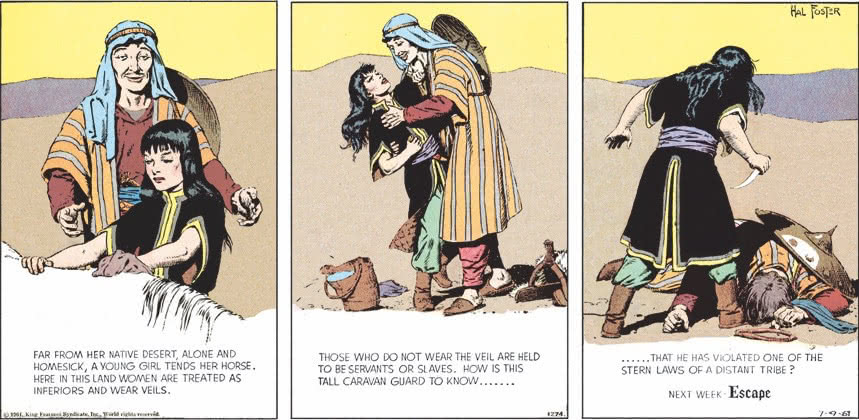Survival of the Primitive
Published on Dec 16, 2018 (updated Dec 12, 2024), filed under philosophy, misc (feed). (Share this on Mastodon or Bluesky?)
There appear to be issues with the idea of “Survival of the Fittest.” Those issues include what kind of selection there is, whether nature relies on cooperation or competition, and what our understanding of death is. (What a lightweight intro.)
One I understand to be Social Darwinist aspect I find troubling is that we consider us such a highly evolved culture and see no contradiction between that and killing (“selecting”) life. We consider this even though our killing is glaringly obvious; we kill pretty much everything that can be deemed alive, industrially so, including animals and even (or of course) people.
I wonder about the following argument:
- P.1
- The higher evolved a culture, the less likely it is to kill members of its own or other species.
- P.2
- The less likely a culture is to kill, the more vulnerable it is to attacks.
- P.3
- The more vulnerable a culture is to attacks, the less “fit” it is for survival.
- C
- Therefore, the higher evolved a culture is, the less fit it is for survival.
This argument does of course now depend on whether you accept the premises; yet when you do, it’s straightforward, and valid and sound. For us, then, it can actually mean two things: Perhaps we aren’t any highly evolved. Or maybe there just is no “Survival of the Fittest.” I do believe that both is the case, and that it’s time we question our values—in order to kill less of the life around us (no matter plants, animals, or human beings), and therefore evolve, a little.
Some of you know that I don’t believe in death in the classical sense, and that I strongly believe that we need to stop killing. Whether we just need to learn, or remember, that’s not the point here. What do I know.
(This is one of five “lost” articles that I only published in 2021.)
About Me
I’m Jens (long: Jens Oliver Meiert), and I’m a web developer, manager, and author. I’ve been working as a technical lead and engineering manager for companies you’ve never heard of and companies you use every day, I’m an occasional contributor to web standards (like HTML, CSS, WCAG), and I write and review books for O’Reilly and Frontend Dogma.
I love trying things, not only in web development and engineering management, but also in other areas like philosophy. Here on meiert.com I share some of my experiences and views. (I value you being critical, interpreting charitably, and giving feedback.)

